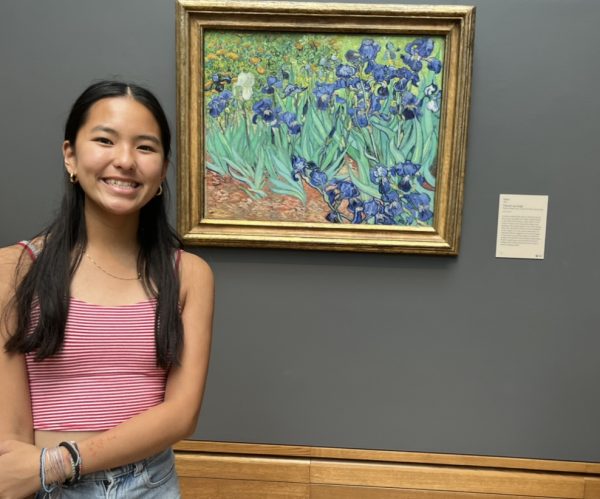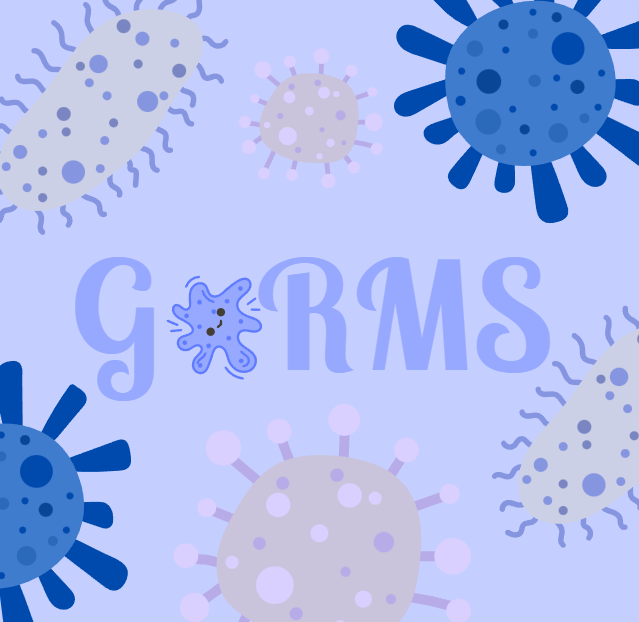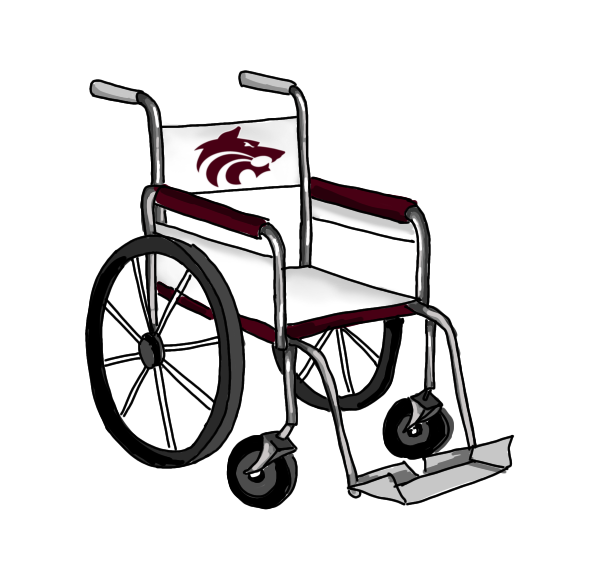Running noses and coughs have become the chorus of Claremont High School classrooms. Over the past month, students have found themselves within the grasp of an escalating health crisis, leaving classrooms with dwindling supplies of Kleenex paper and overflowing trash cans filled with used, crumpled-up tissues. Two pressing questions remain on everyone’s minds: What is causing this surge of sickness? More importantly, how can we protect ourselves?
It is that time of the year again — flu season. Spanning from October to May, cases of the flu are on the rise, with the winter chills contributing significantly to the spread of sickness. According to Penn Medicine, the flu is caused by an influenza virus that spreads through airborne droplets from coughs or sneezes. Additionally, the virus can be contracted by touching surfaces with the flu virus and subsequently touching one’s mouth, nose, or eyes — sounds similar to something else in recent years, right? The Centers of Disease Control and Prevention (CDC) has reported an estimate of at least 1.8 million flu cases, with 17,000 hospitalizations and 1,100 deaths in the ongoing flu season this year.
Common colds are also contributing to the high number of sick students. Symptoms range from nasal and sinus infections to throat infections. These symptoms tend to start mild and intensify over time, typically lasting around ten days.
Additionally the ever-looming threat of continuous new variants of COVID-19 adds another layer of concern. The virus’ high adaptivity capability results in continuous new strains. According to Yale Medical, the most recent strain, EG.5, is reported to be more transmissible and severe than previous sub variants.
Maxima McCormack, a sophomore at CHS, was eagerly anticipating her Thanksgiving break, only to find herself grappling with a case of COVID-19. McCormack reported testing positive on the Thursday of break and staying sick until the Tuesday of the next week.
“I was sad, but at the same time it was still okay because I was able to still be with my family, but I couldn’t really receive any hugs — so I am looking forward to getting those during winter break,” McCormack said.
Along with the increase of diseases, the rapidly changing weather may further weaken immune systems, making individuals more susceptible to illness. Franscian Health reports that changes in weather or onset of fall can seem to trigger colds along with other respiratory diseases. In addition to weakened immune systems, different weather creates a more favorable environment for some bacteria and viruses to thrive.
In sight of all these challenges, it is vital to take precautions to lower the risk of falling ill. Medical professionals advise keeping good hygiene by washing hands often, and avoiding touching the face. Along with good hygiene, maintaining physical health through exercise, vitamins and adequate rest is all vital to sickness prevention. Above all, getting the annual flu vaccine and the newest COVID booster shots is a game changer. AP Biology teacher, Mr. Tucker broke down common misconceptions of vaccination.
“Anti vaccination is not aligned with our scientific understanding of how viruses work,” Tucker said. “There are many people who believe that vaccinations cause illness that they don’t actually cause. For example, if I get the flu vaccine, I’m going to get the flu. What they’re misinterpreting is that your body is reacting to a foreign body and mounting an immune response which is the whole point of it. There is zero medical evidence from any medical offices or any journal articles that says vaccination from any of our known viruses actually causes wide ranges of any disease unrelated to vaccination.”
With the changing weather, sicknesses are on the rise leaving students vulnerable. With the threats of sickness, it is vital to take proactive steps to help CHS students stay healthy and sick free. The CDC recommends getting an annual flu vaccine to prevent the spread of the flu. Together we can restore our peaceful sniffle free classrooms.
Germs
Donate to The Wolfpacket
$50
$500
Contributed
Our Goal
Hello there! Our goal is to provide relavent, engaging journalism for readers of all ages. Your donation will support the student journalists of the Wolfpacket at Claremont High School, and will allow us to purchase equipment, print our monthly issues, and enter in journalism competitions. We appreciate your consideration!
About the Contributors

Joy Cheng, Reporter
Joy Cheng is currently a sophomore at Claremont High School and, excited about starting her first year with the Wolfpacket. Cheng is extremely involved in school life, being an integral member of clubs such as Interact and “Artsy Fartsy,” a club started by her friends. Not limited to just clubs, Cheng Runs for both Cross Country and Track and Field. In the future, Cheng hopes to travel to Seattle with the Cross Country team and continue to improve her time. Back to Wolfacket, Cheng looks forward to getting to know the rest of the team, as well as writing for the arts & entertainment section.
Fiona Bulmer, Reporter
Fiona Bulmer is a sophomore at Claremont High School and a reporter for the Wolfpacket. In her free time she enjoys playing soccer, hanging out with friends, and skiing when the weather allows it. She also enjoys getting as much sleep as possible. As a vegan, one of her favorite foods is tofu panini’s, which she swears are better than they sound. Her favorite school subjects are Hhistory and English. She joined Wolfpacket partially due to her love of English, and is hoping to expand her writing skills and meet new people this year.










